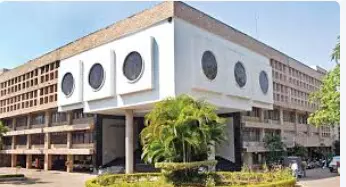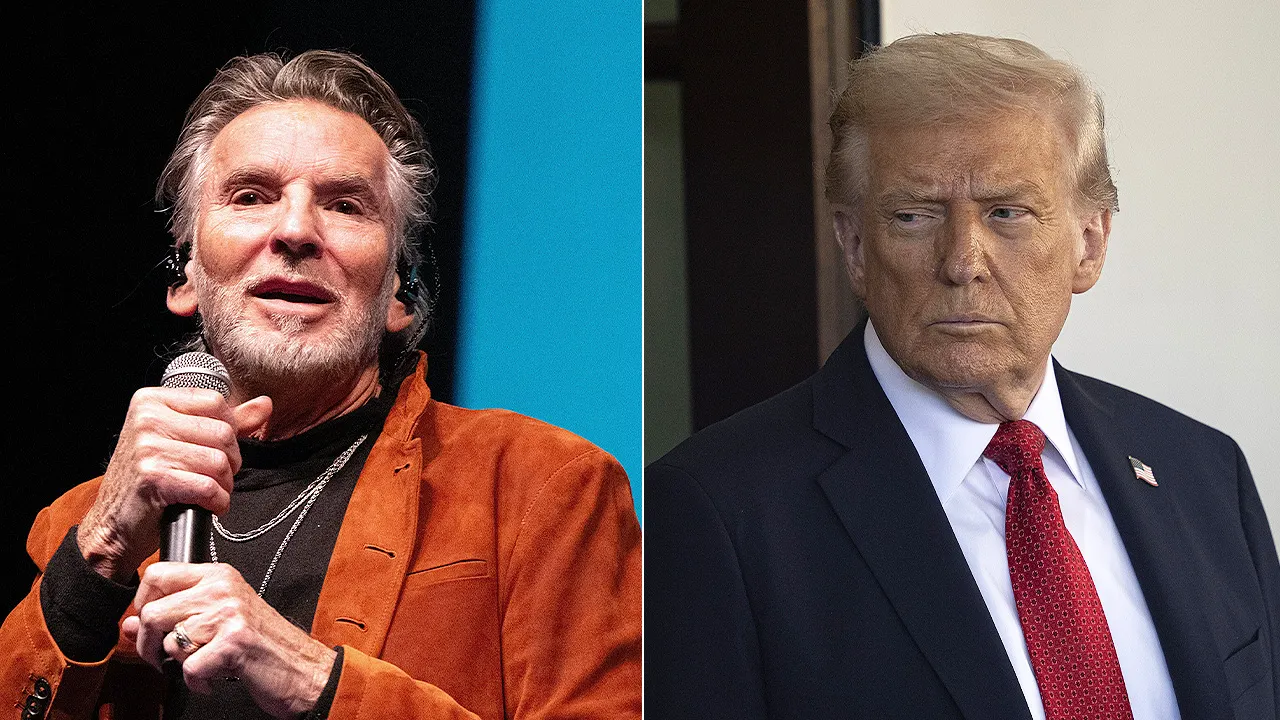Copyright deccanchronicle

NELLORE: Centre of Excellence for Studies in Classical Telugu (CESCT) at Saraswatinagar in Venkatachalam mandal of Nellore district, ever since the recognition of Telugu as a classical language by Government of India in 2008, has made remarkable progress in reviving and documenting the linguistic and literary heritage of Telugu. However, its continued growth is constrained by the absence of permanent infrastructure and autonomous status. CESCT is currently operating from a temporary building and is dependent on administrative approvals from the Central Institute of Indian Languages (CIIL), Mysuru. The centre is seeking functional autonomy and a dedicated permanent campus to strengthen its research, publications, and digital initiatives. Experts say this will help it achieve long-term sustainability and global recognition for classical Telugu studies. Initially launched at Mysuru in 2018, CESCT shifted to Nellore in 2019 at the instance of then Vice President of India M. Venkaiah Naidu. Since then, under the leadership of Prof. Madabhushi Sampath Kumar, it has evolved into a dynamic hub of scholarship and cultural preservation. With a dedicated team of 12 academic staff, the centre is diligently carrying out studies of ancient Telugu literature and collecting valuable manuscripts and palm-leaf texts. So far, CESCT has restored three palm-leaf manuscripts and completed commentaries on eight classical poetic works, thereby reviving the wisdom of Telugu’s golden age. The centre has instituted national and international awards to honour scholars who have made remarkable contributions to classical Telugu. These include two President of India Awards in 2016 and 2018, a Young Researcher Award, and an International Award recognising excellence in Telugu studies. Among its landmark publications is Dr. Emani Sivanagireddy’s “Mana Telugu Vari Sasanalu”, a seminal work on Telugu inscriptions. Further, the centre is engaged in comparative research involving ancient scripts, literature, archaeology, and art forms — bridging language with culture and history. CESCT is connecting ancient scholarship with modern technology by digitising old Telugu texts and translating classical works into English and other Indian languages. Notably, the Telugu classic Kreedabhiramamu has been translated into Tamil, strengthening linguistic and cultural exchange. It also explores connections between Telugu civilization and other ancient cultures worldwide, while developing linguistic databases, cultural dictionaries, and digital archives of classical vocabulary. To disseminate research, CESCT has launched a bilingual half-yearly research journal “Telugu Siri”, unveiled by then Vice President Venkaiah Naidu, and available both online and in print. The centre has a well-stocked library with over 7,500 books, including 5,000 donated volumes. These serve as a treasure trove for researchers and students. Since its inception, CESCT has completed 23 research projects, conducted three workshops, five national seminars, and 35 special lecture series on classical Telugu.



